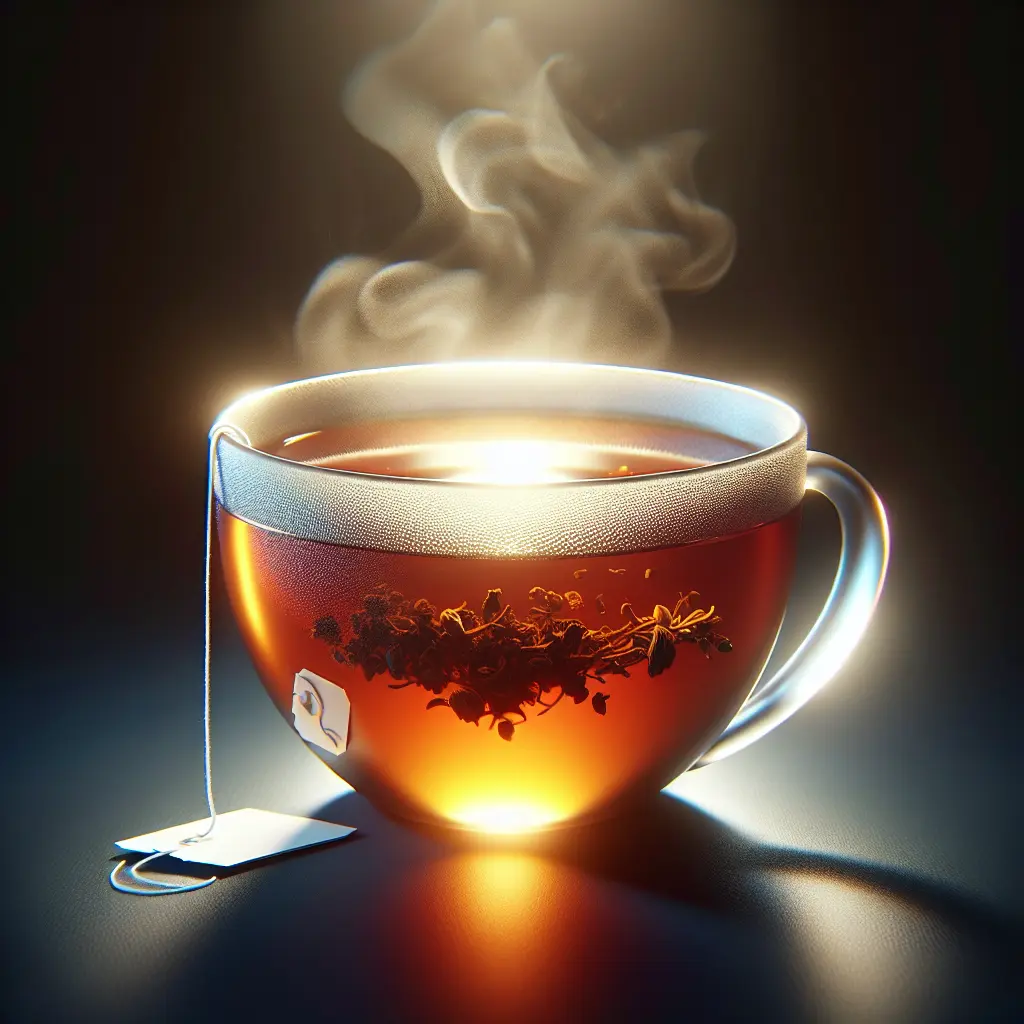Herbal Tea: A Health Elixir with Minimal Calories and Maximum Benefits
Herbal tea, a brew made from the leaves, flowers, or roots of various plants, has been revered for its medicinal properties for ages. Unlike regular tea made from the leaves of the Camellia sinensis plant, herbal tea doesn't contain caffeine, making it a suitable choice for those sensitive to caffeine or seeking a relaxing bedtime beverage.
Nutritional Value: A Calorie-Conscious Beverage
Herbal tea is incredibly low in calories, with just 2.4 calories per cup. This makes it an excellent option for calorie-conscious individuals or those following weight management plans. It contains negligible amounts of protein, fat, and sugar, making it a guilt-free way to hydrate and enjoy a warm beverage.
Health Benefits: A Treasury of Medicinal Properties
Herbal teas are a treasure trove of antioxidants, vitamins, and minerals that contribute to overall well-being. Some of the notable health benefits associated with herbal teas include:
- Improved Digestion: Certain herbal teas, such as peppermint and ginger tea, can aid in digestion and alleviate symptoms like bloating and gas.
- Reduced Inflammation: Teas like chamomile and turmeric tea have anti-inflammatory properties that can help reduce inflammation throughout the body.
- Enhanced Immunity: Herbal teas rich in antioxidants, such as hibiscus and elderberry tea, can boost the immune system and protect against infections.
- Promoted Relaxation: Teas like lavender and valerian root tea have calming effects, helping to reduce stress and promote relaxation.
- Improved Heart Health: Herbal teas containing hibiscus and hawthorn have been linked to improved heart health by lowering blood pressure and reducing cholesterol levels.
Varieties of Herbal Teas: A Flavorful Journey
The world of herbal teas is vast, offering a diverse range of flavors and aromas to suit every palate. Some popular varieties include:
- Chamomile Tea: Known for its calming and sleep-promoting properties, chamomile tea is a staple in many relaxation routines.
- Peppermint Tea: Refreshing and invigorating, peppermint tea aids in digestion and has a cooling effect on the body.
- Ginger Tea: A traditional remedy for nausea and motion sickness, ginger tea is also effective in reducing inflammation.
- Hibiscus Tea: With its vibrant red color and tart flavor, hibiscus tea is rich in antioxidants and has been shown to lower blood pressure.
- Lavender Tea: Soothing and calming, lavender tea is a popular choice for bedtime rituals and stress relief.
Conclusion: Embracing the Power of Herbal Tea
Incorporating herbal tea into your daily routine is a simple yet effective way to reap a multitude of health benefits. With its low-calorie content and abundance of antioxidants and nutrients, herbal tea is an ideal beverage for those seeking a healthy and flavorful way to enhance their well-being. So, embrace the power of herbal tea and indulge in its myriad of health-promoting properties.
How many calories are in Herbal Tea?
Each 1 cup of Herbal Tea contains 2.4 calories.
Herbal Tea Nutritional Information
| Nutrient | Amount per 1 cup (237g) |
|---|---|
| Calories | 2.4 Calories |
| Protein | 0g |
| Fat | 0g |
| Saturated Fat | 0g |
| Cholesterol | 0mg |
| Carbohydrates | 0.5g |
| Dietary Fiber | 0g |
| Sugar | 0g |
| Sodium | 0.0024mg |
| Potassium | 0.0213mg |
| Calcium | 0.0047mg |
| Iron | 0.0002mg |
